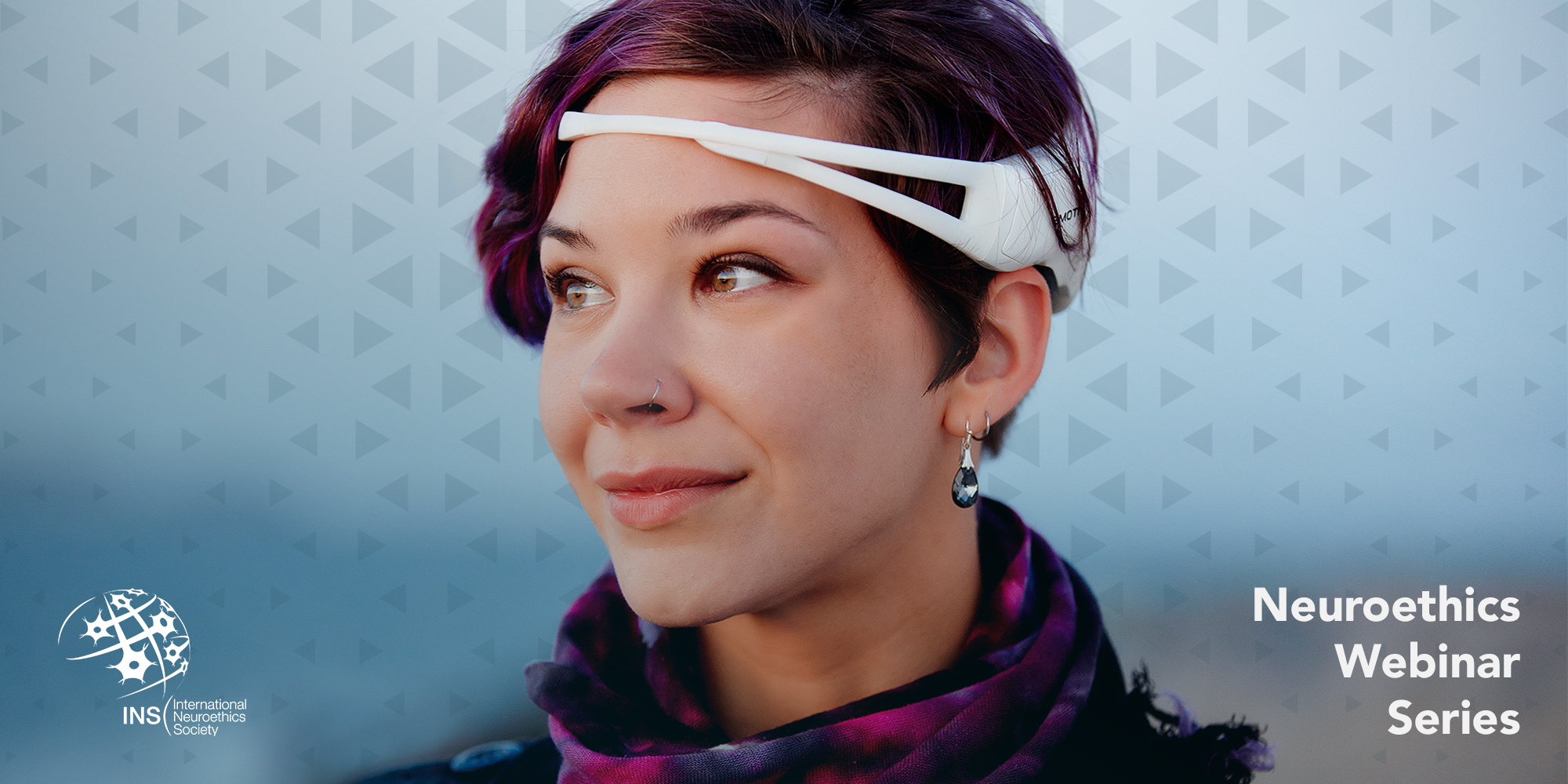Choose Your Own Device: Do-It-Yourself Neuromodulation Panel DiscussionJanuary 27, 2021  As researchers develop new non-invasive direct-to-consumer technologies that read and stimulate the brain, society must consider the appropriate uses of such devices. Will these brain technologies eventually allow enhancement of abilities beyond human capabilities? In what settings are people using these devices outside the purview of researchers or clinicians? Should consumers be allowed to ‘hack’ their own brain in order to improve performance? To explore these challenges and the ethical issues raised by advances in do-it-yourself (DIY) neurotechnology, the Emerging Issues Task Force of the International Neuroethics Society organized a virtual panel discussion. The panel discussed neurotechnologies such as transcranial direct current stimulation (tDCS) and electroencephalogram (EEG) headsets and their ability to change the way we understand and alter our brains. Particular attention will be given to the use of neurotechnology by everyday people and the implications this has for regulatory oversight and citizen neuroscience. Topics of discussion included the distinction between DIY and direct-to-consumer (DTC) neurotechnology, the most pressing ethical issues in this space, models for responsible innovation, and the need for additional oversight. Panelists included:
RecordingSpeakers Marcello IencaETH Zurich Marcello Ienca is a senior researcher at the Health Ethics & Policy Lab, Department of Health Sciences and Technology at ETH Zurich, Switzerland. He is the PI of the projects "Neurotechnology, Artificial Intelligence and Human Rights", "Digitalizing Elderly Care", and "Personalized and Preventative Care". He is also involved in projects on AI ethics, big data in health research, and data protection in personalized health. His research focuses on the ethics and governance of biomedical data, ethically aligned artificial intelligence (AI), neuroethics and responsible innovation for emerging technologies at the human-machine interface. Prior to joining ETH, Dr. Ienca has obtained MSc, MA and PhD degrees from the Humboldt University of Berlin, KU Leuven (Erasmus Mundus Consortium) and the University of Basel. He has published extensively on the ELSI of neurotechnology and AI, big data trends in biomedicine, ethical design in robotics, data ethics, human rights, dual-use, digital health and cognitive assistance for people with intellectual disabilities. Ienca has received several awards for social responsibility in science and technology such as the Vontobel Award for Ageing Research, the Prize Pato de Carvalho (Portugal), the Sonia Lupien Award (Canada) and the Paul Schotsmans Prize from the European Association of Centres of Medical Ethics (EACME). He is a former Student/Postdoc representative to the board of directors of the International Neuroethics Society, an expert member of the OECD Steering Group on Neurotechnology, a Swiss delegate to the same OECD group, and an expert advisor to the Council of Europe's Ad Hoc Committee on Artificial Intelligence.  Karola KreitmairUniversity of Wisconsin–Madison Karola Kreitmair received her PhD in philosophy from Stanford University in 2013. She completed a clinical ethics fellowship at the Stanford Center of Biomedical Ethics before joining the faculty at UW-Madison’s School of Medicine and Public Health in the Department of Medical History and Bioethics. Her recent work includes ethical issues around allocation strategies for critical resources in light of COVID-19 induced scarcity. Karola is also working on the ethics of digital behavioral technology, with a particular focus on the phenomenological, epistemological, and existential implications of self-tracking technology. In addition, she is considering problems regarding the ethical duties generated by consciousness, such as in minimally conscious state patients and cerebral organoids. Outside of academia, Karola writes and directs plays. Her recent play, “Homo ex Machina” explores existential questions brought on by deep-brain stimulation.  Anna WexlerUniversity of Pennsylvania Anna Wexler received her Ph.D. in 2017 from the HASTS (History, Anthropology, Science, Technology & Society) Program at MIT, where she examined the ethical, legal, and social implications of emerging neurotechnology, with a particular focus on do-it-yourself and direct-to-consumer electrical brain stimulation. At Penn, she will extend her work to address the ethical and regulatory challenges raised by the full spectrum of interventions used in the home to modify brain function. She also plans to explore how do-it-yourself movements, direct-to-consumer health products, and citizen science initiatives are disrupting traditional models of medicine and science. From 2015-2016, Anna was a visiting scholar at the Center for Neuroscience and Society at the University of Pennsylvania. Prior to her return to academia, Anna spent several years working as documentary filmmaker and science writer; she co-directed and co-produced the feature documentary Unorthodox (2013). She received a dual BS from MIT in Brain and Cognitive Science, and in Humanities and Science with a focus in Writing and Neuroscience.  Ishan DasguptaUniversity of Washington Ishan Dasgupta is a postdoctoral scholar in the Department of Philosophy and the Center of Neurotechnology. A lawyer by training, Ishan examines ethical issues related to emerging technologies by utilizing qualitative methodology and policy analysis. His past work focused on patient attitudes towards induced pluripotent stem cells, inclusion of pregnant women in biomedical research, and the use of tissue samples in genetics research. At UW, Ishan will focus on both conceptual and empirical research around the development and use of implantable neural devices like deep brain stimulators and brain computer interfaces. Ishan received his J.D. from the University of Maryland and this M.P.H. from the Johns Hopkins Bloomberg School of Public Health. SupportWe are able to provide free access to Neuroethics Webinar Series events thanks to the volunteer contributions and financial support of our members. Please consider making a donation or joining the Society to help us continue to organize more online events like these. Donate |
